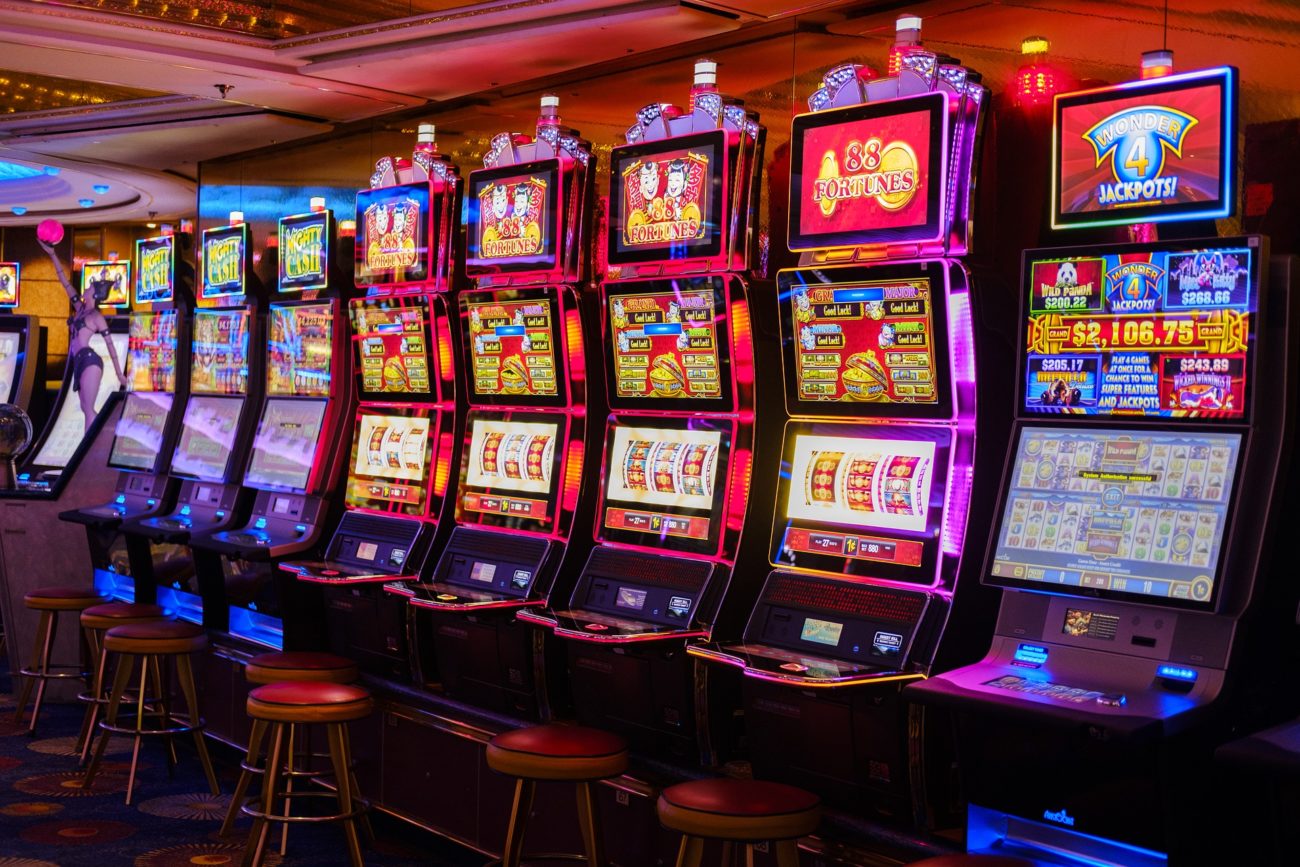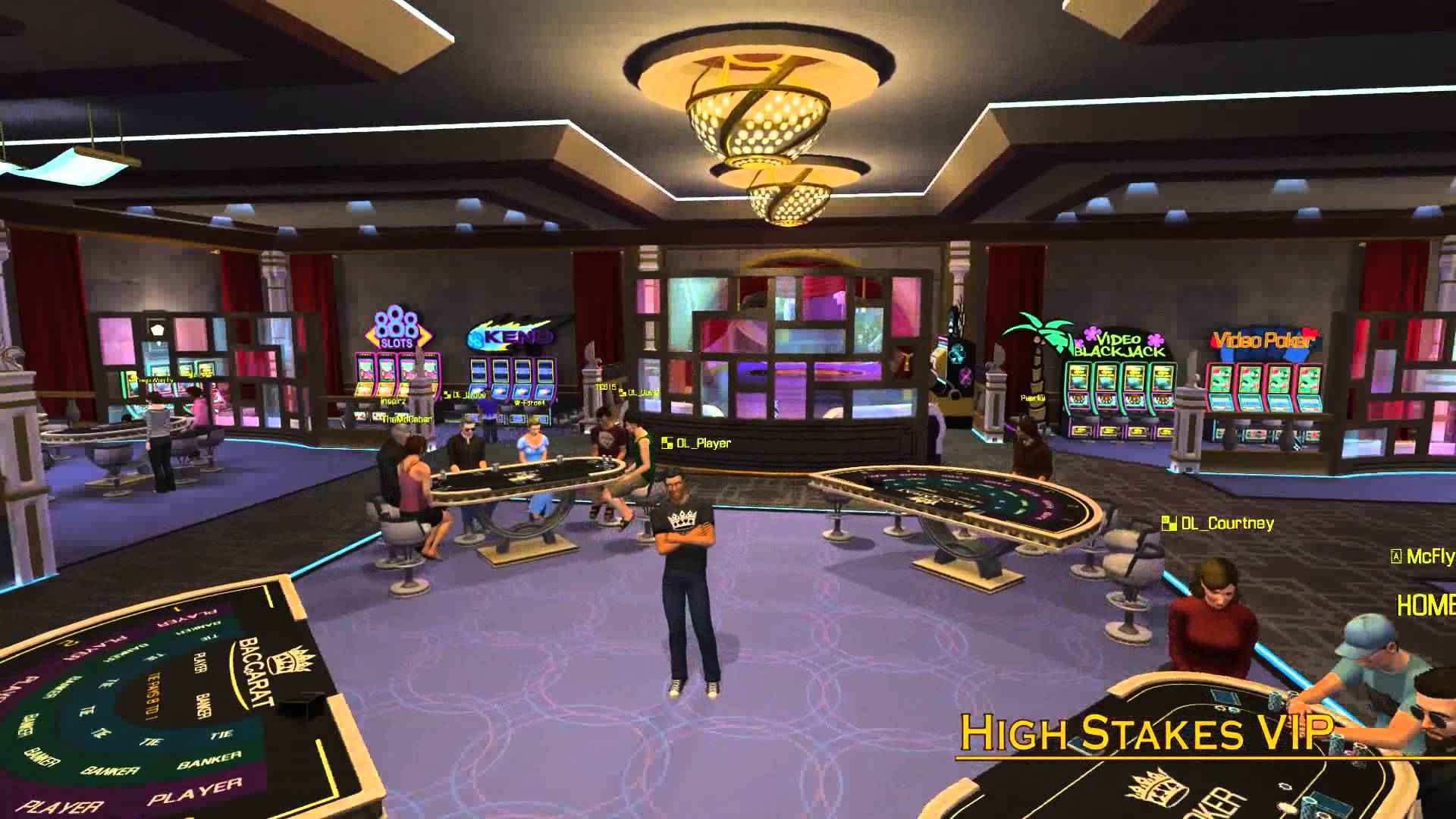The digital age has transformed countless industries, and online gambling is no exception. As technology continues to evolve, a groundbreaking innovation has emerged on the horizon: Virtual Reality (VR) casinos. This immersive technology is not just the next big thing in online gambling; it has the potential to revolutionize the way players engage with virtual gaming environments. In this article, we will explore the rise of VR casinos, their advantages, challenges, and whether they represent the future of online gambling.
What are Virtual Reality Casinos?
Virtual Reality casinos are digital platforms that allow players to experience gambling in a 3D immersive environment. Utilizing VR headsets, players can enter a simulated casino space, complete with realistic game tables, slot machines, and interactive environments. The technology provides an experience that mimics the feel of physical casinos, allowing players to interact with both the games and other users in real-time.
The Rise of VR Technology in Gambling
The introduction of affordable VR hardware, alongside advancements in software development, has catalyzed the rise of VR casinos. Companies like Oculus, HTC, and Valve have made VR headsets accessible to a wider audience, while developers have created a range of applications tailored for gambling enthusiasts. By providing an engaging and realistic experience, VR casinos are beginning to attract a demographic that craves more than the traditional online gambling format.
Advantages of VR Casinos
-
Immersive Experience: One of the most appealing aspects of VR casinos is the immersive nature of the experience. Players can feel as though they are part of a bustling casino environment, complete with sounds, visuals, and even the social interaction that characterizes real-life gambling.
-
Social Interaction: Unlike traditional online casinos, which can often feel isolated, VR casinos enable players to chat and interact with others. Virtual tables allow for social gaming experiences where players can communicate, share strategies, and even celebrate wins together.
-
Realistic Game Simulation: VR technology allows for realistic simulations of various casino games, from poker to blackjack to slots. The physics engine can mimic real-world mechanics, making the gaming experience more authentic.
-
Accessibility: VR casinos can eliminate geographical constraints associated with land-based casinos. Players can enjoy a high-quality casino experience from the comfort of their homes, bringing gambling to those who may not have access to physical locations.
- Innovative Gameplay: With VR, developers can create new and unique gaming experiences that go beyond traditional formats. Virtual interactions and gamified elements can introduce innovative features that enrich gameplay.
Challenges Facing VR Casinos
-
Technology Barriers: While VR technology is advancing, it is still relatively expensive and not universally accessible. Many potential players may not own a VR headset or understand how to use the technology effectively.
-
Regulatory Issues: The online gambling industry is heavily regulated, and VR casinos are no exception. As this technology is still emerging, there may be legal hurdles and compliance issues that operators must navigate.
-
Health Concerns: Prolonged use of VR headsets can lead to discomfort, motion sickness, or other health issues for some users. Developers and stakeholders must consider the impact of extended play sessions on user well-being.
- Market Competition: The online gambling landscape is crowded, with numerous casinos competing for players’ attention. VR casinos must offer unique experiences that set them apart from traditional platforms and other emerging technologies.
The Outlook: Are VR Casinos the Future?
As VR technology continues to improve and become more mainstream, its integration into the online gambling industry seems promising. Companies are gradually investing in the development of immersive gaming experiences, and player interest is on the rise. While it may take time for VR casinos to become the standard in online gambling, they represent an exciting evolution of the industry.
The convergence of social gaming, immersive experiences, and innovative gameplay could attract a new generation of gamblers who value engagement and community. For existing players, the allure of a three-dimensional casino environment combined with the convenience of online access could be irresistible.
In conclusion, Virtual Reality casinos have the potential to transform online gambling into a more interactive, engaging, and social experience. While challenges remain, ongoing advancements in technology and player demand suggest that VR casinos could very well be at the forefront of the gambling industry’s future. Whether they will replace traditional online platforms or coexist as an exciting alternative remains to be seen, but one thing is clear: the future of gambling looks immensely thrilling.




